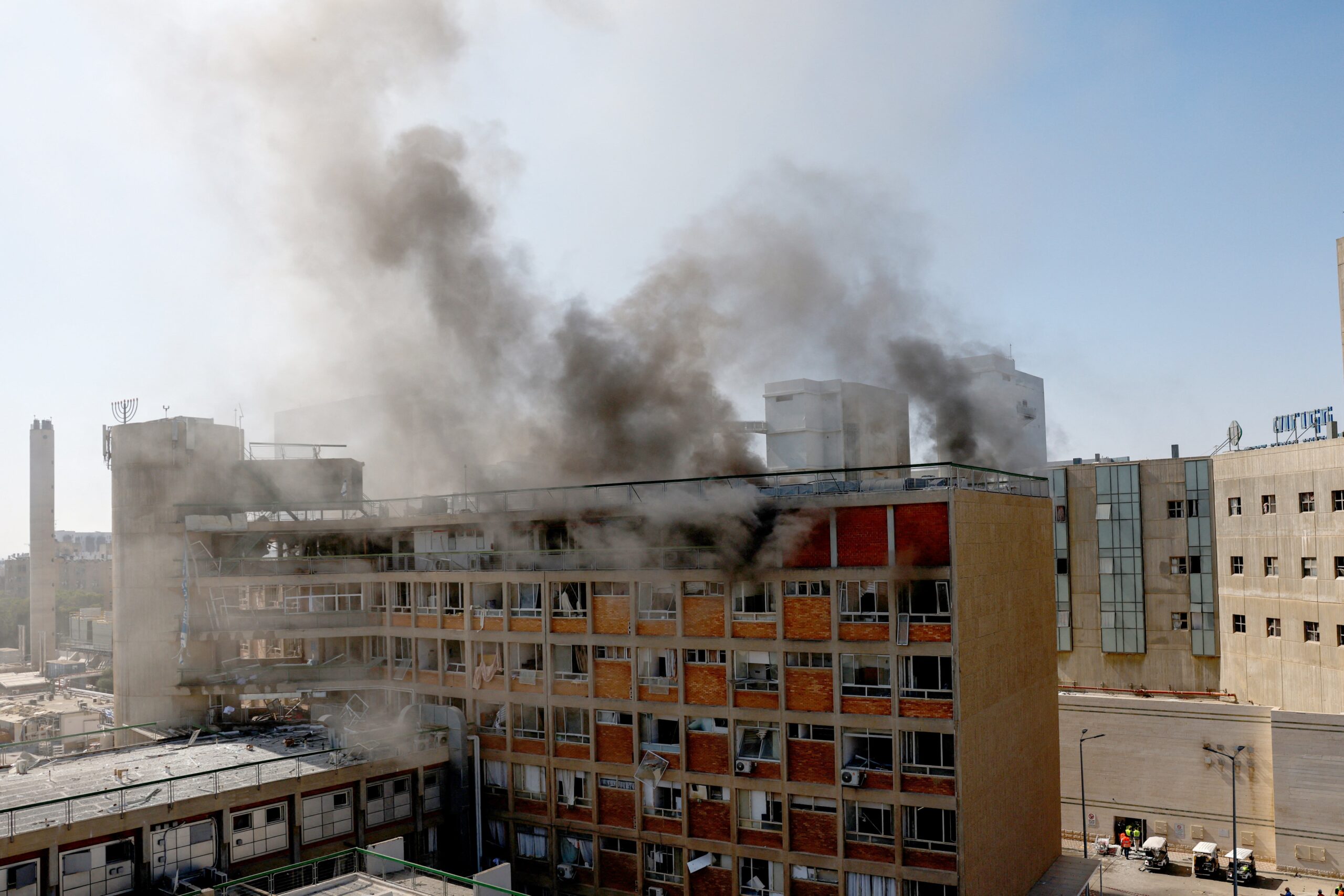
Iran said on Friday it would not discuss the future of its nuclear programme while under Israeli attack, as Europe sought to draw Tehran back to the negotiating table, with a decision on potential U.S. involvement expected within two weeks.
Israel began attacking Iran last Friday, saying it aimed to prevent its longtime enemy from developing nuclear weapons.
Israel was hit by missiles and drones from Iran in retaliation. It claims that its nuclear program is non-violent. Israeli air attacks have killed 639 people in Iran, the Human Rights Activists News Agency said. Nuclear scientists and members of the military’s upper echelons are among the dead.
Israel has said at least two dozen Israeli civilians have died in Iranian missile attacks. The number of casualties from either side could not be independently verified by Reuters. Western and regional officials claim that Israel has targeted nuclear sites, missile capabilities, and civilian areas in its attempt to overthrow the government of Supreme Leader Ayatollah Ali Khamenei. “Are we targeting the downfall of the regime? That may be a result, but it’s up to the Iranian people to rise for their freedom,” Israeli Prime Minister Benjamin Netanyahu said on Thursday.
Although it has also struck a hospital and other civilian locations, Iran has stated that it is targeting Israeli defense and military facilities. Israel accused Iran on Thursday of deliberately targeting civilians through the use of cluster munitions, which disperse small bombs over a wide area. A request for clarification was made, but the Iranian mission to the United Nations did not immediately respond.
On Friday, the emergency services in Iran reported that Israeli strikes had damaged five hospitals. With neither country backing down, the foreign ministers of Britain, France and Germany along with the European Union foreign policy chief were due to meet Iran’s Foreign Minister Abbas Araqchi in Geneva to try to de-escalate the conflict on Friday.
British Foreign Minister David Lammy stated, “Now is the time to put a stop to the grave scenes in the Middle East and prevent a regional escalation that would benefit no one.” U.S. Secretary of State Marco Rubio also met Lammy on Thursday and held separate calls with his counterparts from Australia, France and Italy.
The U.S. State Department said Rubio and the foreign ministers agreed that “Iran can never develop or acquire a nuclear weapon.”
Lammy said the same on X while adding that a “window now exists within the next two weeks to achieve a diplomatic solution.”
Araqchi, on the other hand, stated on Friday to Iranian state television that Tehran would not agree to talks while Israeli strikes continued. Russian President Vladimir Putin and Chinese President Xi Jinping both condemned Israel and agreed that de-escalation is needed, the Kremlin said on Thursday.
The role of the United States remained uncertain. According to sources, Steve Witkoff, President Donald Trump’s special envoy to the region, has spoken with Araqchi numerous times since last week. According to the White House, Trump will attend a meeting on national security on Friday morning. The president has threatened and pleaded with Tehran to resume the nuclear talks that were put on hold due to the conflict.





















